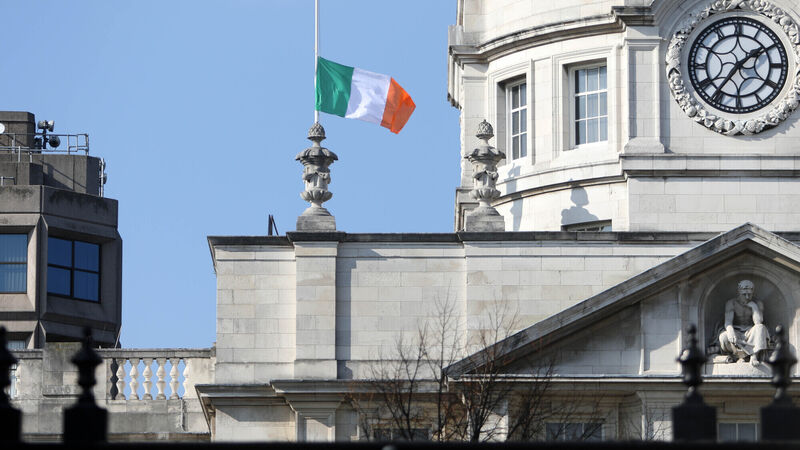Moody's: Government debt to top 293% of tax revenues

In 2014, general government debt was at around 308% of tax revenues, according to Moody's figures. Picture: Leah Farrell/RollingNews.ie
Government debt will reach over 293% of tax revenues this year, reflecting the huge costs of the Covid-19 economic crisis, but the economy will likely soon be back to growth, Moody's Investors Service has forecast.
In an update on Ireland's creditworthiness, the ratings firm said the State's finances are supported by the strengths of the economy but high debt levels, Brexit, and potential global changes to multinational corporate taxes present "challenges".











